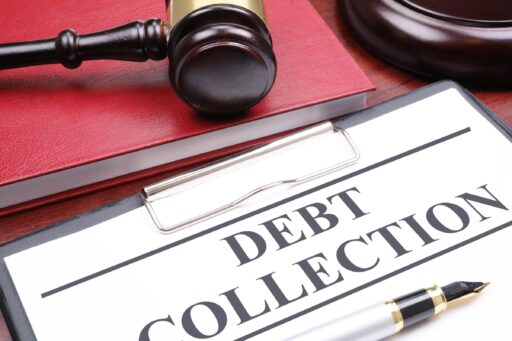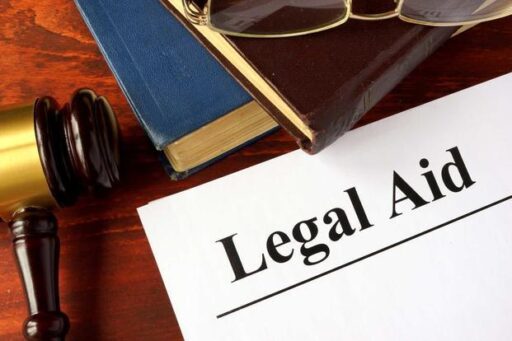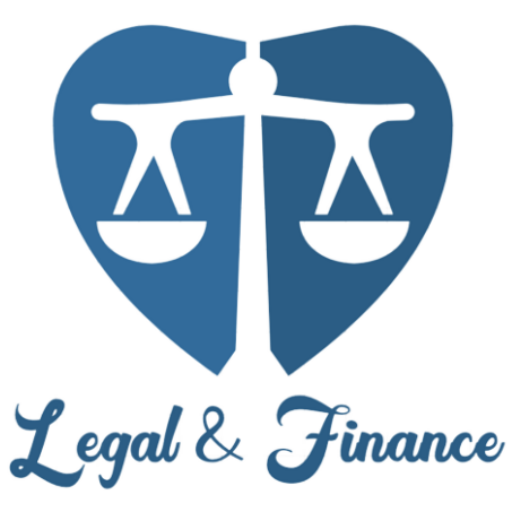In the labyrinth of debt collection, knowledge truly is power. Understanding your rights and options can be the key to navigating this often intimidating process with confidence. Join us on a journey to uncover the ways in which you can assert your rights and explore the various avenues available to manage debt collection effectively. Become empowered in the face of financial challenges as we delve into the intricate world of handling debt collection.

Understanding Debt Collection Practices and Regulations
When faced with debt collection efforts, it is important to know your rights as a consumer and understand the regulations that govern the process. By familiarizing yourself with the rules surrounding debt collection practices, you can protect yourself from harassment and unfair treatment. One key regulation to be aware of is the Fair Debt Collection Practices Act (FDCPA), which outlines what debt collectors can and cannot do when attempting to collect a debt.
Knowing your rights when dealing with debt collection can help you navigate the process more effectively. Here are some important things to keep in mind:
- Understand the FDCPA: Familiarize yourself with the rules and regulations outlined in the Fair Debt Collection Practices Act to ensure that debt collectors are following the law in their collection efforts.
- Communicate in Writing: When dealing with debt collectors, it is often best to communicate in writing to have a record of your interactions.
- Explore Your Options: Consider options such as debt settlement, negotiation, or seeking assistance from a credit counselor to help manage your debt.

Steps to Take When Dealing with Debt Collectors
When facing debt collectors, it’s important to understand your rights and options. One key step is to request validation of the debt. This means asking the collector to provide proof that you owe the debt and that they have the legal right to collect it. If they fail to validate the debt, you may not be legally obligated to pay.
Another important step is to know the statute of limitations on the debt in your state. Debt collectors have a limited amount of time to sue you for the debt, and once the statute of limitations has passed, they can no longer take legal action against you. Protect yourself by staying informed and understanding your rights when dealing with debt collections.

Negotiating Payment Plans and Settlements with Creditors
When facing debt collection, it’s important to understand your rights and explore your options for . By being proactive and informed, you can take steps to manage your debt responsibly.
Consider the following strategies when negotiating with creditors:
- Communicate effectively: Keep the lines of communication open with your creditors and be honest about your financial situation.
- Propose a realistic payment plan: Offer a payment plan that you can reasonably afford based on your income and expenses.
- Seek professional help: If you’re struggling to negotiate with creditors on your own, consider seeking help from a credit counseling agency or debt settlement company.

Seeking Legal Assistance and Resources for Debt Relief
Dealing with debt collection can be a stressful and overwhelming process, but it’s important to know that you have rights and options available to you. One of the first steps in handling debt collection is . By understanding your rights and exploring different options, you can better navigate the process and work towards resolving your debt.
When seeking legal assistance for debt relief, it’s important to find a reputable attorney or organization that specializes in debt collection practices. They can help guide you through the process, negotiate with creditors on your behalf, and provide valuable resources to help you manage and resolve your debt. Additionally, consider exploring alternative options such as debt consolidation, settlement, or bankruptcy to find the best solution for your individual situation. Remember, you don’t have to face debt collection alone – seek help and take control of your financial future.
Concluding Remarks
In conclusion, understanding your rights and exploring your options when dealing with debt collection agencies can help alleviate the stress and anxiety that often comes with financial challenges. By arming yourself with knowledge and taking proactive steps, you can work towards finding a solution that is fair and manageable for your unique situation. Remember, you are not alone in this journey, and there are resources available to support you through the process. Stay informed, stay empowered, and take control of your financial future.Good luck!

